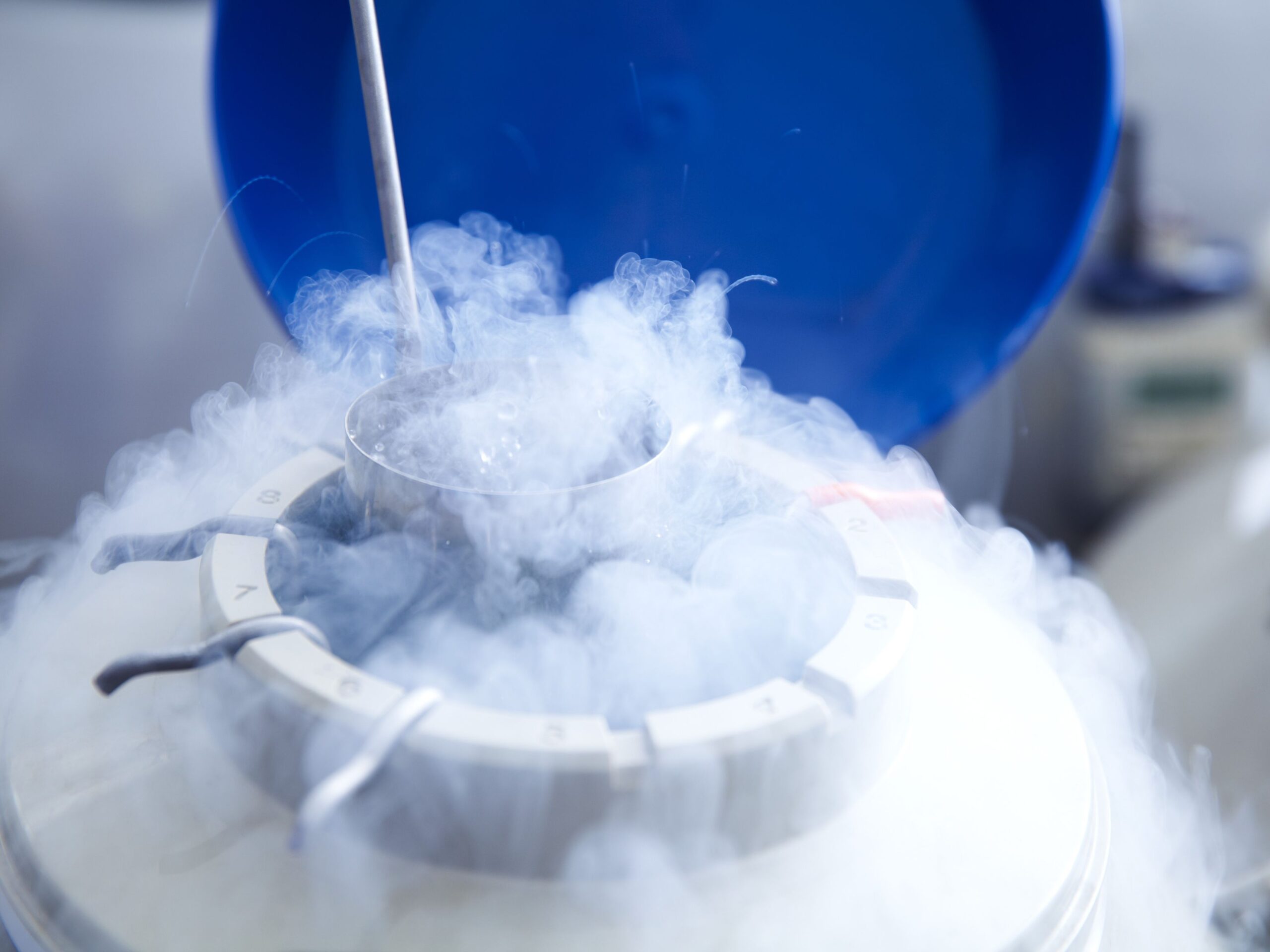Babies are a source of joy and contentment for most people, but they may also be a source of self-doubt and depression if not planned for diligently. Embryo freezing lets you prepare for your baby’s future without worrying about being infertile as the years go by. You can consult the best West Hollywood, CA reproductive endocrinologist at California Center for Reproductive Health to determine if embryo freezing is right for you.
What should you know about embryo freezing?
Embryo freezing, also known as cryopreservation, refers to freezing and storing fertilized eggs until you are ready to use them. Specialists often use fertility treatments such as in-vitro fertilization (IVF) to create embryos. This cutting-edge technology allows you to preserve your embryos until you are ready to conceive without worrying about low-quality eggs in the future.
Cancer patients undergoing therapy or people undergoing gender transition can also benefit from this fertility preservation technique. If you also need time to gain financial stability to offer your bundle of joy a comfortable life, you may also consider this fertility preservation method.
What is the difference between egg freezing and embryo freezing?
Distinguishing between egg freezing and embryo freezing may be a bit complicated, and you may need the input of a professional to determine which option is better for you. Both procedures involve injecting hormone medications for about 8-12 days to stimulate the production of more eggs. The more the eggs, the higher the chances of fertilization.
Afterward, your provider retrieves the eggs from your ovaries and freezes them with liquid nitrogen to preserve their viability. Freezings, your eggs during your most productive ages, ensure that they are healthy and viable when you are ready to use them. This procedure is known as egg freezing. Embryo freezing, on the other hand, involves fertilizing the harvested eggs with sperm, a process called in vitro fertilization. Freezing the embryos preserves their health until you are ready to get pregnant.
How can you prepare for embryo freezing?
During your appointment at California Center for Reproductive Health, the experts educate you n the benefits and risks to ensure that you are informed before undertaking the procedure. Before the embryo freezing procedure, your provider may conduct blood tests such as ovarian reserve testing to determine the quality and quantity of your eggs and infectious disease screening to determine if you have any diseases like HIV or hepatitis B.
Additionally, your provider may suggest a few lifestyle refinements to boost your egg production. Some lifestyle adjustments include minimizing alcohol intake, caffeine intake, getting adequate sleep and moderate exercises such as yoga. A high number of eggs increases the chances of getting viable embryos you can preserve for future use.
Are there any complications associated with embryo freezing?
Complications, if any, usually occur during the extraction of the eggs. These complications are moderate and resolve after a short period. They include changes in vaginal discharge, bloating or cramping, infection, feeling full, overstimulation of your ovaries, and bleeding. These side effects are rarely alarming and do not need intensive medical care.
Call the California Center for Reproductive Health or schedule an appointment online to explore cryopreservation as a fertility preservation technique.





